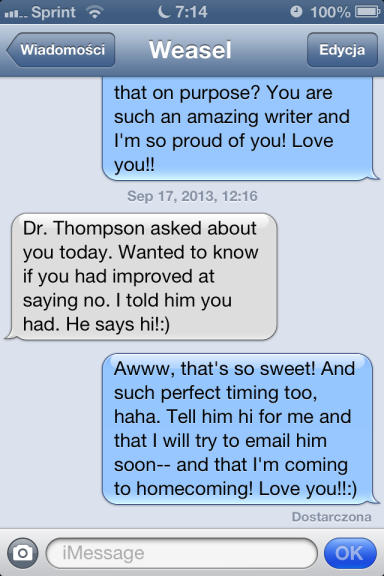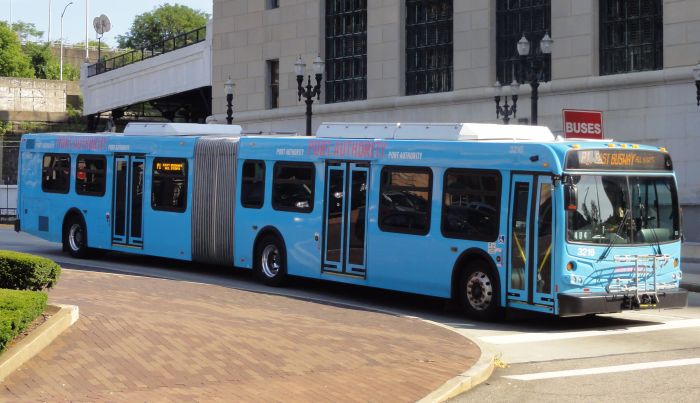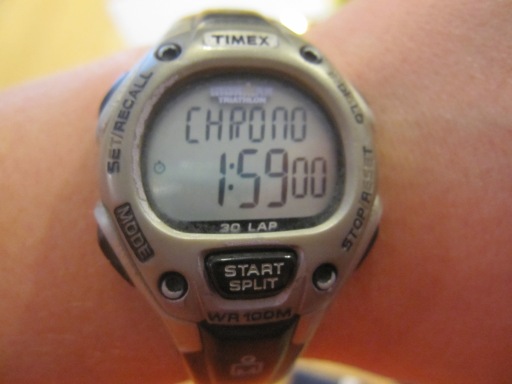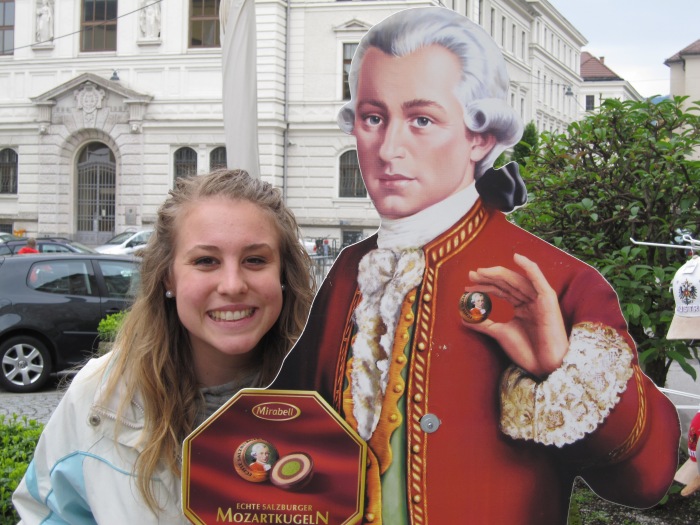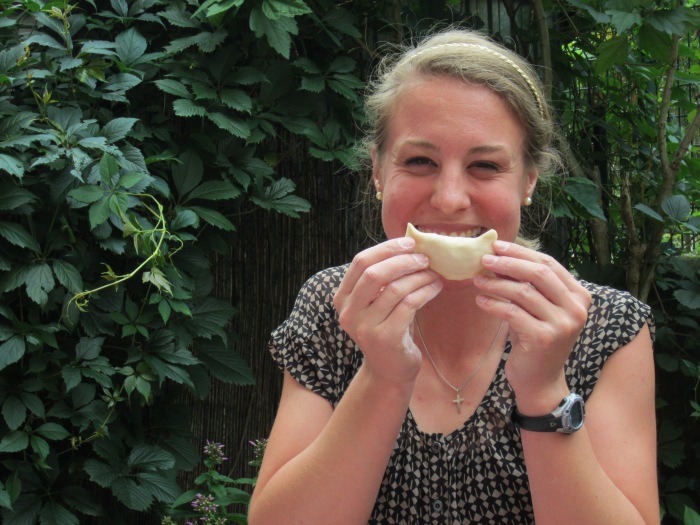
It’s that time of year again. Time for Steffi to have another birthday.
Which means it’s also time for Steffi to dedicate a blog entry to reflecting on all that has happened since her previous birthday. So in keeping with tradition, Steffi has compiled a list of life lessons from the past year. She will now stop writing in the 3rd person (she knows that referring to oneself in the 3rd person is slightly obnoxious, but she figured she could get away with it—at least temporarily—because it is her birthday), and she will commence her self-reflective list-making. 🙂
25 was a big year. I finished up my graduate coursework (I’ll never have to take another class again! Yay!… oh wait. Now I have to teach. #details), I completed a half-marathon in Nashville in a time of 1:51.30, beating my previous personal best by a whole 7 ½ minutes, I took an unconventional spring break trip to Holland, Michigan, and experienced a true northern “heat wave” (ie, when the March temperatures reached—gasp!—a whopping 33 degrees Fahrenheit). Along these weather lines, I survived my first southern Snowpocalypse and even taught my friends the joys of snow-diapering (far superior to sledding) and making snow-ice cream. Delicious!
The summer was equally memorable, with an 8-week trip to Germany and Poland by way of Kansas (because that makes so much sense geographically). While autumn left much to be desired in terms of sleep and a social life, the satisfaction of passing my comprehensive exams made all the hours spent as a “library troll” (at least mostly) worthwhile. And so with that fairly sappy introduction, I will move onto the part you’ve all be eagerly waiting for….
Steffi’s 25 biggest lessons of being 25 (Note: my initial list included 37 points. Apparently I’m a hurry to age, haha):
- The Polish words for “Kathy” and “buckwheat” are essentially the same.
- Babies don’t universally hate me. At least when they are sleeping. 🙂 (shout-out to Blake, my brand-new baby cousin).
- Fried pierogi > boiled pierogi. Hands down.
- Cry, the Beloved Country by Alan Paton is still my favorite book.
- Never walk through a nature preserve after it rains. Unless you enjoy the brisk crunch of snail shells beneath your shoes.
- I will never be too old for sleepovers.
- The Emory shuttle waits for no one. Even when it’s pouring down rain.
- God hears and answers specific prayers.
- You never know who you’ll meet in Poland.
- Sunsets are worth catching.
- Natural Gas companies aren’t perfect.
- I am capable of more than I think.
- When the motor in your washing machine breaks, you should probably talk to your landlady sooner rather than later. Because no matter how much you hope the machine will magically fix itself, odds are that it won’t.
- I actually enjoy hiking.
- Grad school and acne go together.
- Even extroverts need solitude sometimes.
- I can write 24 pages in 24 hours.
- Even 5 years later, Erasmus friendships are such a gift.
- Kansas City has a world-class baseball team. (See what I did there? #punny)
- Being single isn’t a bad thing.
- If traveling in a foreign country, don’t use the self-check-out lane.
- Whether in Kansas City or Minnesota, weddings are worth the trip.
- How we view God directly impacts how we live.
- I am still addicted to Milka bars.
- “When I am weak, then I am strong.”
All in all, 25 was an incredible year, full of laughter, friendships, and meaningful conversations. Perhaps like never before, I witnessed God’s hand shaping my life and orchestrating each day. But 25 also contained its share of challenges, with its many “ups” matched by a set of corresponding “downs.” Because for all its joy and life, 25 was also a year of loneliness, frustration, anxiety, and discouragement. I complained more than I care to admit, and I wasted more time worrying than I spent having a rock-solid faith. But it was in the midst of this fear and frustration that I came to understand what Paul meant when he wrote, “But [the Lord] said to me, ‘My grace is sufficient for you, for my power is made perfect in weakness.’ Therefore I will boast all the more gladly about my weaknesses, so that Christ’s power may rest on me. 10That is why, for Christ’s sake, I delight in weaknesses, in insults, in hardships, in persecutions, in difficulties. For when I am weak, then I am strong.”
You see, as unpleasant as these low points were, it was during them that I discovered Jesus to be kinder, closer, more faithful and more loving than I had ever dared to hope or imagine. And because I have experienced His presence and His care in this deep, real, and personal way, I can’t help but love Him—truly love Him—all the more.
So here’s to you, 25. You were great, you were challenging, and I’m not sure I would repeat you if given the chance. But I am thankful for how you shaped me more into the person I am today. 26, you have a tough act to follow. But since the Author of my story is infinitely creative, I have a sneaking suspicion that you’ll be up for the challenge. 😉






